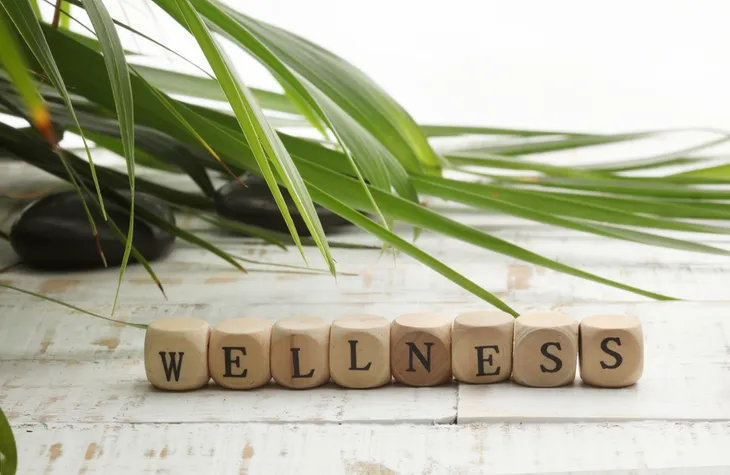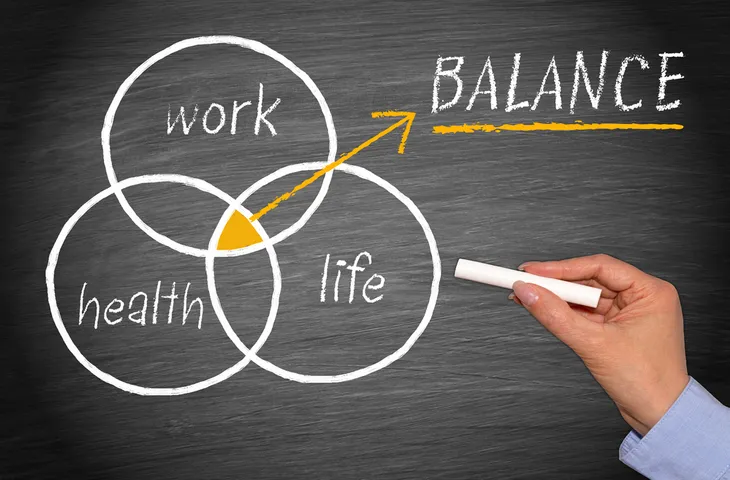Many people have goals to be healthier and visions of what life would be like if they were. Perhaps they’re related to losing weight, developing better dietary habits, or reducing stress. But oftentimes what holds people back from achieving these goals are feelings of overwhelm about how exactly to do so.
That’s where wellness coaching comes in. Focusing primarily on physical and emotional health, wellness coaches assist clients in identifying and implementing strategies to attain the life they desire. Let’s explore more about wellness coaching and its benefits with these five facts.
1. What Is Wellness Coaching?
Based on a partnership between the coach and the client, the purpose of wellness coaching is to “help people explore their own desires, ability, reasons, and needs for making changes in their lives, and then take action to make and sustain those changes,” says the Institute for Wellness Education.
Rather than provide advice, however, the coach helps the client explore potential avenues for addressing their current health concerns and find one that works best for them and their lifestyle. Once the ideal approach has been identified, a wellness coach will help the client execute the plan and stay on track.
2. Who is Wellness Coaching For?
Wellness coaching is for those who are ready to make complete and lasting lifestyle changes. The coach may help the client to identify how to achieve their weight loss, diet or exercise goals, but the client must be willing and able to make the change him or herself.
While the coach will offer guidance and support along the way, the client must ‘own’ the process. The Institute for Wellness Education says this is because “sustained change comes from within a person.” And sustained change is exactly what the coaching process aims to achieve, by helping the client to understand that they already possess the skills, strengths and resources necessary for achieving their goals.
3. What is it Like to Work With a Wellness Coach?
Wellness coaching is highly individualistic in nature, as the action plans are based on the client’s unique concerns, personality and lifestyle. Therefore, no two people are likely to have the same experience.
Generally, however, most wellness coaches will begin the relationship by conducting an overall assessment that looks at the client’s diet, lifestyle and overall health. Then, the coach and client will work together to develop practical and achievable goals and the steps necessary to achieve them. To allow adequate time for completion and reflection, people will typically work with a coach for a period of 3-6 months.
4. How to Find a Wellness Coach
As wellness coaching is still a relatively new profession, there is not yet a standard certification requirement or governing body with which a person must be registered. This can make it challenging to find a qualified coach without a referral from a friend or family member.
In speaking with WebMD, Margaret Moore, founder of Well Coaches, recommends seeking out coaches with certifications from reputable organizations, as well as checking their references, requesting testimonials, and interviewing them about their background.
5. Benefits of Wellness Coaching
While achieving the goals determined at the outset of their coaching program is what the client is ultimately working toward, the benefits extend far beyond that. Because wellness coaching taps into a person’s own potential and utilizes it to foster change, the Institute for Wellness Education says that “people not only enjoy the benefits of the change, but they develop a rich set of competencies that can help them in other areas of their lives.”
Such competencies include an awareness of the power of choice and how it can be used to create the life one desires, as well as knowledge about how to make effective changes to improve personal health and well-being. Wellness coaching also helps the client to develop self-awareness, improve feelings of self-worth, and achieve balance.








